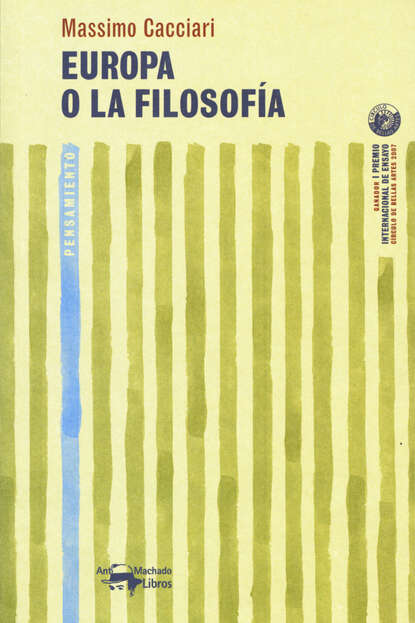Книга «Семь эссе о популизме» от автора Паулы Биглиери исследует основные черты доминирующего европейского теоретического ландшафта в изучении популизма, продвигая существующие дискуссии и вводя новые направления мысли, а также опираясь на исследования современного латиноамериканского политического опыта и перспективы. Каждый из эссе, название которого связано с влиятельным социалистическим философом Хосе Карлосом Мариатеги, является отражением ключевых аспектов популизма с разнообразными темами, такими как современное феминизм, активизм и неолиберализм, чтобы стимулировать дискуссию вокруг конститутивной природы, целей и потенциала популистских социальных движений.
Авторы, не страшась провокации, искренне оценивают популизм как силу, способную принести реальные изменения к лучшему, чтобы противостоять современным тенденциям правого крыла политики и лидерства.
Электронная Книга «Seven Essays on Populism» написана автором Paula Biglieri в году.
Минимальный возраст читателя: 0
Язык: Английский
ISBN: 9781509542222
Описание книги от Paula Biglieri
This important intervention interrogates keystone features of the dominant European theoretical landscape in the field of populism studies, advancing existing debates and introducing new avenues of thought, in conjunction with insights from the contemporary Latin American political experience and perspectives. In each essay – the title a nod to the influential socialist thinker José Carlos Mariátegui, from whom the authors draw inspiration – leading Argentine scholars Paula Biglieri and Luciana Cadahia pair key dimensions of populism with diverse themes such as modern-day feminism, militancy, and neoliberalism, in order to stimulate discussion surrounding the constitutive nature, goals, and potential of populist social movements. Biglieri and Cadahia are unafraid to court provocation in their frank assessment of populism as a force which could bring about essential emancipatory social change to confront emerging right-wing trends in policy and leadership. At the same time, this fresh interpretation of a much-maligned political articulation is balanced by their denunciation of right-aligned populisms and their failure to bring to bear a sustainable alternative to contemporary neo-authoritarian forms of neoliberalism. In their place, they articulate a populism which offers a viable means of mobilizing a response to hegemonic forms of neoliberal discourse and government.



















